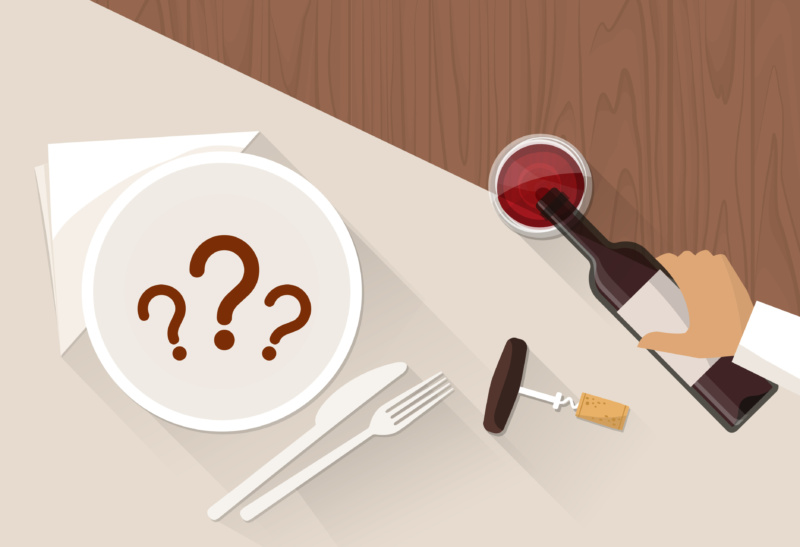Our Unlock Your Menu campaign is all about supporting our industry through the various challenges we face with ideas and solutions to help overcome them. With that in mind, we tasked our chef team to come up with solutions to help kitchens run more efficiently to help you reduce costs where possible. Here’s what they came up with:
1. Drive an energy saving culture in your team
Our research we did for our food and drink trends for 2023 showed that sustainability is top of mind for both operators and consumers. The same will apply for your staff too! If you can create a culture of responsibility to reduce energy use, you will feel a big impact on cost reductions too.
Top tip: Break the classic chef habit of turning on equipment as soon as you arrive in the kitchen in the morning. Instead, plan ahead with what equipment is needed to be used and at what times.
2. Find ways to run your kitchen more efficiently
Small changes can make a big difference. For example, changing lightbulbs to more efficient LED bulbs will reduce your lighting electricity use by up to 80% (British Gas, 2023).
By making slight changes to the methods of your recipes, you can also make a big difference. For instance, could you use microwaves more to heat smaller portions? This is a significantly more efficient cooking method than using an oven.
Top tip: If you have a fridge that only stores fizzy drinks, could you turn them off after hours?
3. When menu engineering, consider energy use as part of it
When you’re developing menus, evaluate all the equipment that it uses and find opportunities to use alternatives that doesn’t use as much energy.
Could you avoid recipes in your early service that use a fryer to ensure that it isn’t on all day.
Could you consider condensing your menu with fewer cooked items or recipes that take less time to cook?
Top tip: Plan ahead with your menus by batch cooking for the week, where possible, so you ensure your oven is filled when it is on. You can then chill, portion and reheat via the microwave when it is needed. This is great at easing pressure if you struggle for chef skill too.
4. Evaluate the ingredients you use
Look for opportunities to change ingredients without impacting the quality of your recipes. For example, using frozen grain salads rather than cooking all grains from dehydrated – this will reduce prep time significantly too! It’s worth adapting how you cook certain ingredients too, for example, could you par-boil potatoes before roasting them to reduce the cook time?
Top tip: A chef is always happier when the kitchen is clean. It also makes your equipment more efficient too, for example, your hob will run better if you regularly clean up any food that sticks to it.
For more advice and guidance on managing your energy use, go to our support hub, Unlock Your Menu.
Our support for challenges our industry faces doesn’t stop there. Unlock Your Menu is filled with support and resources on helping you with reducing costs, driving kitchen efficiencies and menu engineering.



